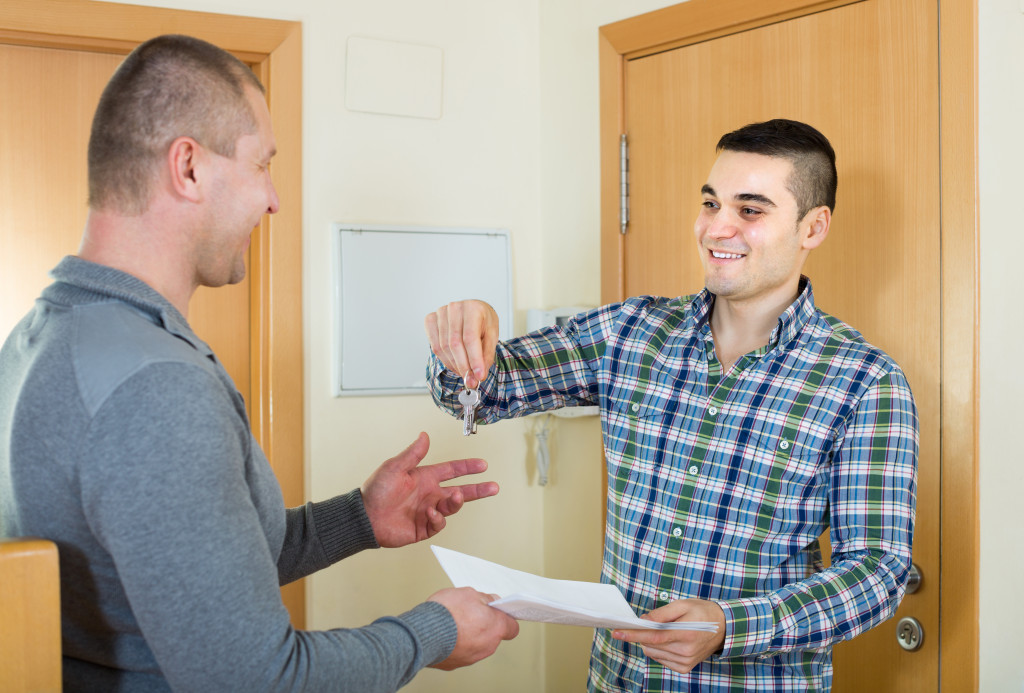There is no question that being a landlord can be a lot of work. Between handling rent payments, tenant communication, and property maintenance, it can be easy to feel overwhelmed. However, by getting organized and creating a system for dealing with all the various tasks involved in being a landlord, you can make things a lot easier on yourself.
This blog post will provide tips on how to get organized as a landlord. But first, let’s take a look at some of the benefits of being organized.
Benefits of Being Organized as a Landlord
By staying organized, you can avoid many potential headaches down the road. An organized system will help you keep track of rent payments, tenant communication, and property maintenance. This can save you time and money in the long run.
In addition, being organized can help you prevent problems from occurring in the first place. For example, if you have a system for handling rent payments, you are less likely to forget to collect rent from a tenant or miss a payment yourself.
Furthermore, being organized can help put your tenants at ease. If your tenants know that you have a system in place for dealing with maintenance issues, they will be more likely to feel comfortable reaching out to you with any problems they may have.
Now that we’ve looked at some of the benefits of being organized as a landlord let’s take a look at some tips on how to get started.
Tips for Getting Organized as a Landlord
There are a few key things you can do to get organized as a landlord. Here are a few tips to get you started:
1. Keep Track of Rent Payments
One of the most important things you can do as a landlord is to keep track of rent payments. You can do this by creating a system for collecting and tracking rent payments. This may involve using software or an app, setting up automatic payments, or simply keeping a notebook with all the pertinent information.
2. Communicate With Your Tenants
Another important aspect of being a landlord is communication. You need to be able to communicate effectively with your tenants in order to resolve any issues that may arise. This includes being responsive to tenant requests and concerns, as well as keeping them updated on any changes or maintenance issues.
3. Maintain Your Property
Another key element of being a landlord is property maintenance. You need to make sure your property is in good condition so that your tenants are comfortable and safe. This may involve hiring a professional to help with repairs or upkeep or simply taking care of things yourself.

4. Stay Up to Date on the Law
As a landlord, it’s essential to stay updated on the law. This includes understanding your rights and responsibilities and keeping up with any changes in the law. This will help you avoid any legal problems down the road.
5. Seek Professional Help When Needed
There are times when it’s helpful to seek professional help. This may include hiring an accountant to help with finances or a solicitor for a lease extension or lease renewals. So, don’t be afraid to ask for help when you need it.
6. Join a Landlord Association
Joining a landlord association can be a great way to network and learn from other landlords in the same business. You might also find some good resources or discounts on things you need for your property!
7. Use Technology
Several great apps and software programs are available to help landlords with everything from tracking rent payments to maintaining their property. Utilizing these tools can help you save time and money, so be sure to take advantage of them.
8. Keep Good Records
It’s essential to keep good records. This includes everything from receipts for repairs to copies of leases. Keeping good records will help you stay organized and make it easier to resolve any problems that may arise.
9. Hire a Property Manager
If you are feeling overwhelmed by the prospect of being a landlord, you can always hire a property manager to take care of things for you. This can be a great way to free up your time and energy to focus on other things.
Landlords who take the time to get organized will find that it makes their lives much easier in the long run. A system for handling rent payments, tenant communication, and property maintenance can help landlords avoid any potential headaches down the road. By taking these simple steps, landlords can ensure that they are well-prepared for anything that comes their way.
